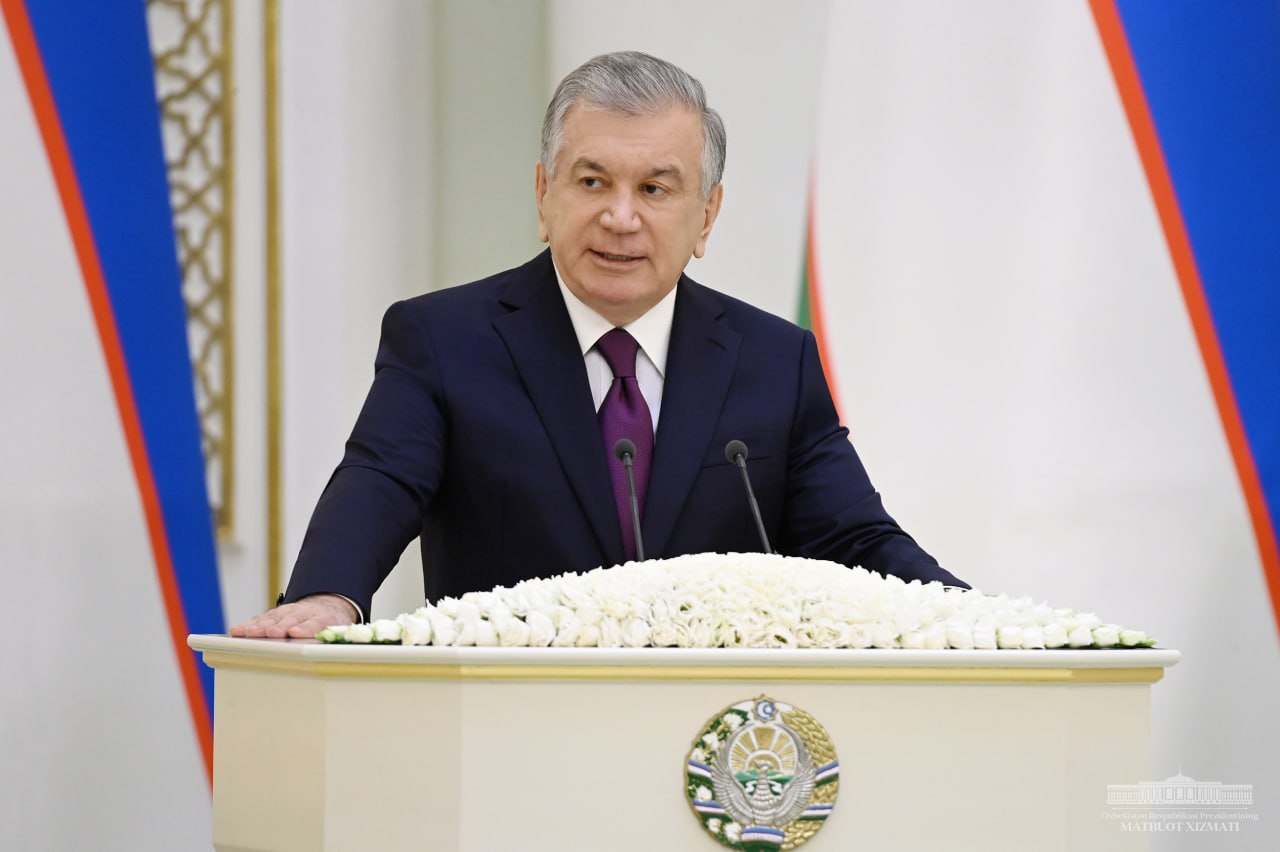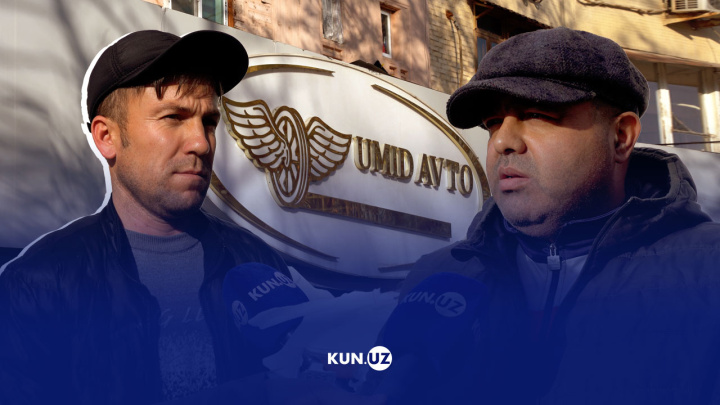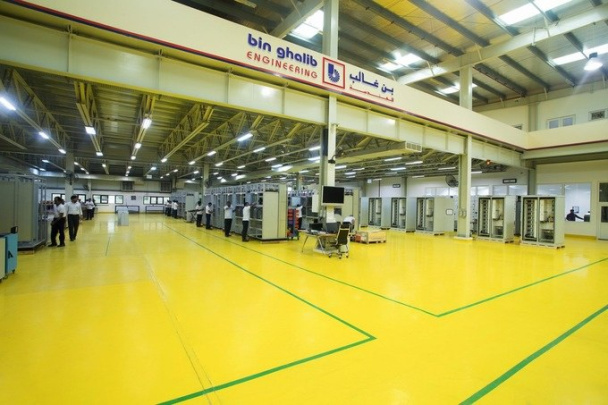“In order to consistently continue the policy of openness in our society, the freedom of mass media activities, the rights to receive, use and disseminate information are strictly guaranteed.
At the same time, freedom of speech means responsibility. That is, we must not forget that honesty and impartiality are the main criteria in the information space,” the head of state said.
It was emphasized that special attention should be paid to the development of civil society institutions by further increasing the role of non-governmental organizations and guaranteeing their rights.
Amendments in the updated Constitution envisage a number of political reforms. In this regard, important changes are being made in the activity of the parliament. In particular, the absolute powers of the Legislative Chamber were increased from the current 5 to 12, and the Senate from 14 to 18.
Moreover, the powers of the chambers were clarified. In particular, issues of forming the government and exercising parliamentary control over its activities were transferred to the competence of the Legislative Chamber.
The activities of the Senate should be focused on resolving issues related to the territories, providing all-round assistance to the local Councils, and ensuring the implementation of laws in local areas, especially in mahallas.
“Now, if they come out of the office and meet with more of our people, listen to their problems, and find concrete solutions for each issue together with the ministers and governors, it will only benefit our common work,” the President said.






